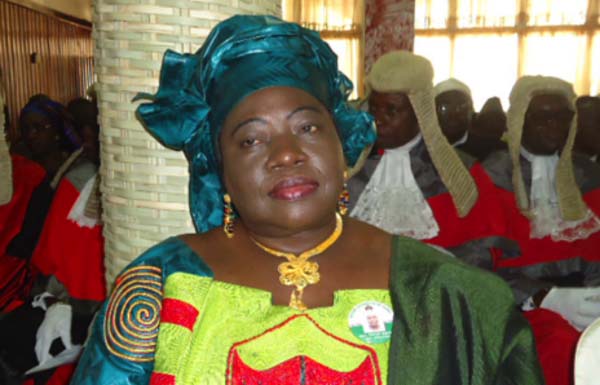
Hon Mbye told the vising officials that the School of Medicine and Allied Health Sciences of the UTG needs student-hostel within proximity to the Edward Francis Small Teaching Hospital (EFSTH) to facilitate learning and research.
The Deputy Speaker - a member of the National Assembly select committee on health, women, children, refugees, disaster and humanitarian relief – said lack of student hostel is one of the challenges the school is grappling with.
She was speaking during a meeting with the joint delegation of IDB and TIKA held at the medical school in Banjul.
The visit was part of a five-day official mission of the international institutions to The Gambia to discuss possible ways to further explore collaboration with the Smiling Coast.
Hon Mbye said that in spite of the challenges, huge investments had been made and numerous successes and achievements registered in the medical school.
She explained that specialised training medical training requires continuous interface between the students, tutors, and patients which may be necessary at any time both during and outside official working hours.
This is more critical in a situation where mobility may be difficult during odd hours of the day, Hon Mbye said.
“The importance of the hostel to accommodate all the students under one roof cannot be over-emphasised,” she emphasised.
“Living together as students will provide them with the opportunity to get to know each other better, socialise and develop a bond of friendship and a sense of unity. This is a recipe for trust, confidence building, peer coaching and excellent professional relationship which may transcend the boundaries of university life.”
The Deputy Speaker also said it is her “sincere belief” that investment in the student hostel and in other areas where funding is being sought will greatly enhance progress of the UTG medical school.
She told the joint visiting officials of IDB and TIKA delegation that the UTG and the EFSTH are under the watchful eyes of the National Assembly through the select committee of health and education “to ensure judicious accountability of the investment”.
The permanent secretary at the Ministry of Health, Dawda Ceesay, said the ministry would ensure bilateral relations and cooperation between The Gambia government, and IDB and TIKA are cemented.
He said the medical school has qualified many nurses and doctors who are taking care of the day-to-day affairs of the Gambia health system.
“So there is a strong need to make the working environment more conducive for them,” Mr Ceesay said.


